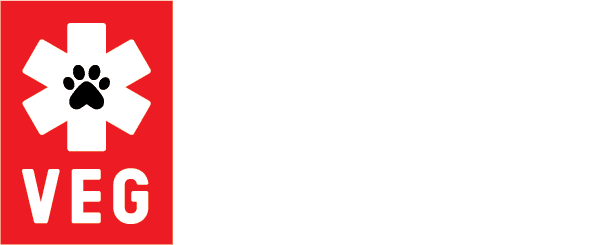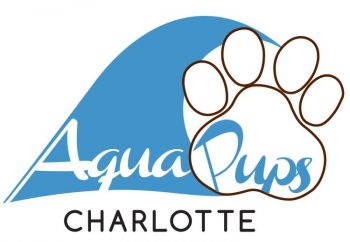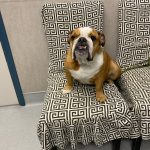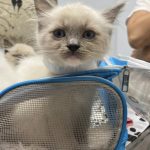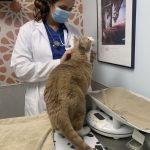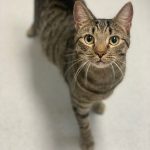TOXIC SUBSTANCES FOR PETS
Did you know the ingestion of toxic food and household products is the leading cause of poisoning in your pets? As pet owners, some of us love to share our meals with our fur babies. However, dogs and cats do NOT have the ability to break down certain foods, like us humans. That “treat” may be quite harmful, or even deadly to our pets.
In addition to human food, some household plants, medications, and household products can also be detrimental to your dog or cat.
TOXIC FOOD
Certain foods, and even beverages that are safe for human consumption, can be hazardous or even deadly for animals. Some of these foods and beverages contain toxins. If ingested by your pet, can cause mild digestive issues. Others, are more severe and can lead to permanent illness, or death.
One question you may be asking, how much of any of these warrant a call to your vet, or emergency clinic? The answer is, no one really knows. So, it is best to avoid feeding them to your pets. If ingested, contact your vet, or the nearest emergency veterinarian hospital.
In addition, the ASPCA’s Poison Control Hotline is also an invaluable resource. The hotline is staffed 24/7, 365 days a year!
LIST OF FOODS TO AVOID FEEDING TO YOUR PET:
- Raw or cooked onions and garlic
- Chives
- Certain mushrooms
- Grapes
- Raisins
- Chocolate
- Nuts and seeds (macadamia and walnuts, to name a few)
- Sweetener (Use extreme caution as Xylitol is used as a sweetener in gum, candy, certain baked goods and toothpaste)
- Alcohol
- Avocado
- Tomatoes
HOUSEHOLD PLANTS
We love the look of our beautiful houseplants. However, not all are pet-friendly.
- Tulip and daffodil bulbs
- Sago palms
- Azaleas
- rhododendrons
MEDICATIONS
Although these medications can have great benefits to humans, most will have the opposite effect, if ingested by your pet:
- Acetaminophen (Tylenol)
- Naproxen (Advil, Aleve)
- Some herbal product
- Prescription medications (anti-inflammatories, pain medications, antidepressants, blood pressure medications, etc.)
- Some flea and tick medications
HOUSEHOLD PRODUCTS
Most household cleaners, if ingested by humans or pets, can lead to poisoning.
- Bleach
- Detergents
- Drain cleaner
- Paint thinner
- Antifreeze
- Pool chemicals
- Insecticides, include bait traps, bug sprays, etc.
- Rodents poisoned with insecticides
- Lawn and garden chemicals
WHAT TO DO IF YOU SUSPECT YOUR ANIMAL HAS BEEN POISONED
- First, and foremost…STAY CALM! (You may have to drive your pet to the vet or emergency clinic)
- Act quickly.
- Try to identify the toxic substance and gather up any remnants, including any pet vomit.
- Call your vet, local emergency veterinarian clinic, the ASPCA Poison Control Hotline at 888-426-4435, and/or the Pet Poison Hotline at 855-764-7661.




